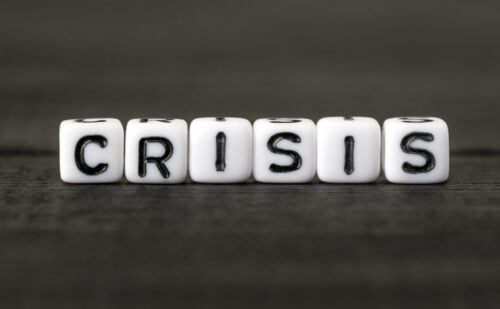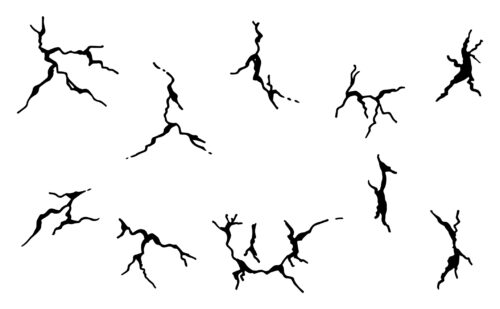HERA Spotlight: Making the Past a Less Foreign Place
Posted: 28 March, 2018

Ian Stanton – Strategy and Development Manager at the Arts and Humanities Research Council (AHRC) – discusses his recent trip to Vienna to visit HERA’s Uses of the Past Midterm Conference
To quote L.P. Hartley, “The past is a foreign country; they do things differently there.”
In an effort to make it less “foreign”, 120 academics from across Europe gathered in Vienna in March under the banner of the Uses of the Past programme.
Funded by Humanities in the European Research Area (HERA), the programme was established in recognition that in order to understand many of today’s pressing societal questions we need new, more complex understandings of how individuals and societies use and reflect upon the past.
A total of 18 projects are funded by the €21m programme, covering a range of topics, from disentangling European HIV/AIDS policies, to memory laws, to the musical past of late medieval Europe.
The first day featured presentations on the funded projects, which were grouped into 4 themes: Changing uses of (different) pasts; Uses of the past for identity construction and institutional embedding of norms and values; Uses of the past in media, material culture and public space; and Uses of the past: transnational/international/national and regional dimensions, including globalisation.
Day two featured some robust conversations around the nature of impact, and how researchers do “knowledge exchange”. A series of workshops, including one led by AHRC’s Connected Communities fellow George McKay from UEA, allowed delegates to delve into areas such as partnerships, communicating their research, and influencing policy.
These are topics that increasingly occupy the minds of researchers and policy makers across Europe. There are some major obstacles to be overcome, not least the fact that there is no shared European understanding of what is meant by knowledge exchange and impact. But this is an issue that HERA is tackling, with AHRC leading the work on knowledge exchange as a member of HERA.
So what were the take-home messages from the conference? Undoubtedly that there is some brilliant research taking place that stretches across borders and disciplines, and that this research has the potential to have significant impact on the lives of everyday people. So is the past a foreign country? Thanks to HERA, distinctly less so.

